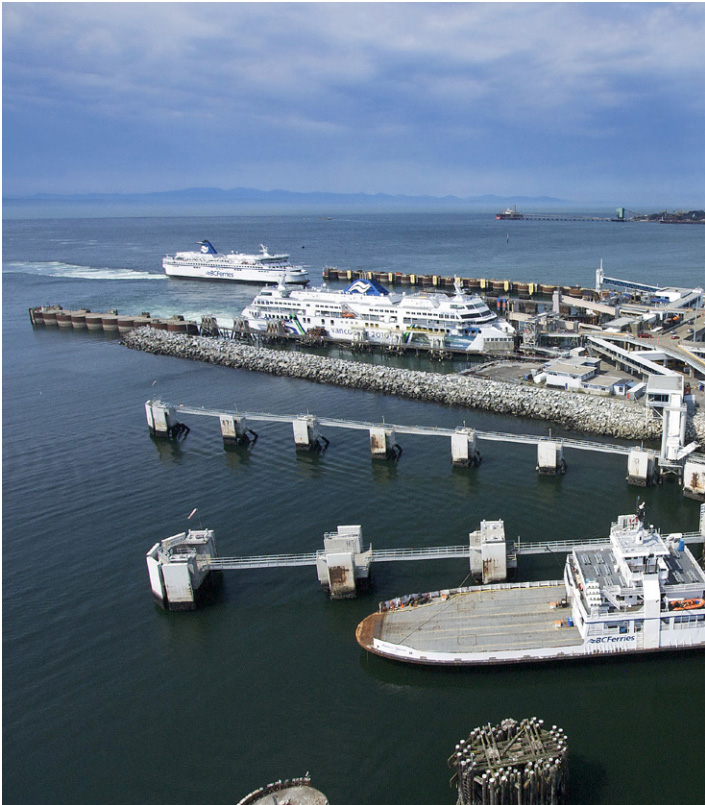BC Ferries said high winds from a strong Pacific storm may cause delays or cancellations on some routes today.
This morning there were cancelled sailings between Comox and Powell River and Horseshoe Bay and Nanaimo.
Deborah Marshall with BC Ferries said the wind strength and wave height will be closely monitored.
“I know this storm is expected to hit higher winds later this afternoon,” said Marshall. “I would suggest any customer travelling with us today should consult our website.”
Marshall said high winds can cause damage.
“We can sustain damage docking, to either the vessel or the terminal in high winds,” said Marshall. “The other thing is passenger comfort, sometimes it can be pretty rough for our customers out there and it can be very uncomfortable for people wanting to travel on our ships, so it is a combination of things.”
For the latest information on sailings, Marshall recommends that you check the BC Ferries website before starting your trip.






